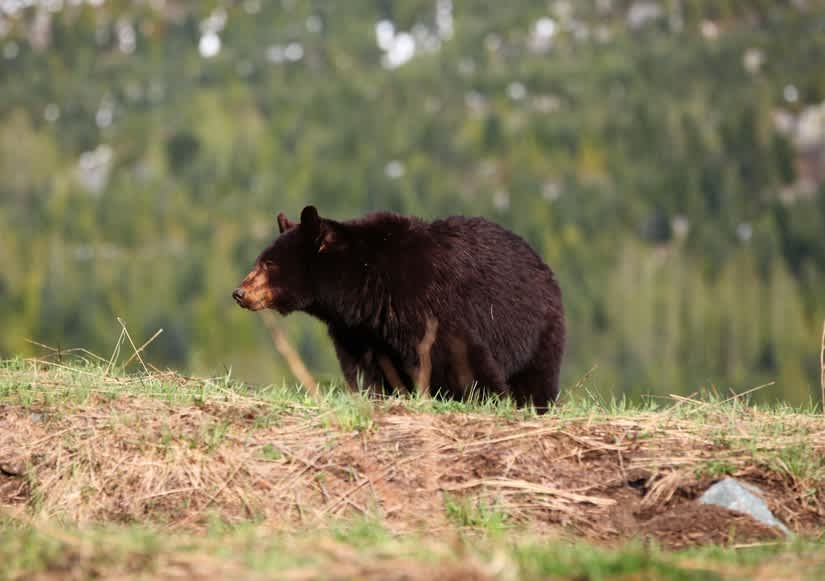Expanded Season Leads to Record Bear Harvests in Southern New York
OutdoorHub Reporters 04.16.15

A new early bear hunting season in the Catskills and western Hudson Valley may have translated to record bear harvests in southern New York. According to the New York Department of Environmental Conservation (DEC), Empire State hunters bagged 1,628 black bears in 2014, up from 1,358 in 2013. Roughly 1,100 of this year’s harvests were from the Southern Zone, making it the best season for that region on record.
“With bear hunting areas expanded throughout upstate New York and a special early bear season in portions of the Catskills and western Hudson Valley, hunters had unprecedented opportunity to pursue black bears this year,” said DEC Commissioner Joe Martens. “These were intentional management actions designed to limit bear population growth broadly and reduce the population in southeastern New York. We are pleased that hunters took advantage of the opportunities.”
Overall, the DEC believes that the expanded season accounted for an extra 300 bears taken. In addition, the Southern Zone was also expanded last year into about a dozen new Wildlife Management Areas, which produced 15 of the bears taken last season. On average, hunters bagged one bear for every 29 miles of land. In the most successful hunting areas—portions of Sullivan and Ulster counties—the take was as high as one bear per 3.1 miles. With 192 bears taken, Ulster County topped the list for the greatest hunter success.
The largest animal harvested during the season was 646-pound bear taken in Hamilton County, and eight hunters were able to make two harvests.
Officials are trying to maintain the state’s bear population at around 6,000 to 8,000, but transient bears are being encountered more and more in areas such as the Lake Ontario Plains and Mohawk Valley. With the bear population growing, some hunters have even suggested being allowed to hunt with dogs or allow baiting, which were previously banned. For the time being, officials expect to keep the expanded season in place until the DEC’s population goals are met.

